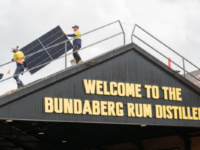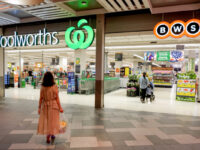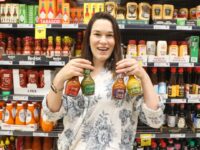Coles has ranked as the most sustainable food retailer in Australia, and second in the world, in the 2021 Food and Agriculture Benchmark.
The ranking, which is organised by the World Benchmarking Alliance and investigates 350 companies around the globe, found that Coles showed leadership among all countries with consumer products in their portfolios. The supermarket was also ranked 10th in the world in the food and beverage manufacturers/processors category.
“Coles’ Together to Zero and Better Together ambitions, as outlined in our sustainability strategy, underpin the steps we are taking to drive generational sustainability,” said Coles’ chief sustainability, property and export officer Thinus Keevé.
“We recognise the role we have to play but know that we cannot do this alone, and that we need to work together with our many stakeholders to drive positive change. We know that we are Better Together when we work together with our team members, farmers, suppliers, customers and the communities we serve.”
Supermarket rival Woolworths ranked at number 7 in the Food and Agriculture Benchmark, and 24 in the food and beverage manufacturers/processors category.
The World Benchmarking Alliance was founded in 2018 in an effort to push businesses to make changes toward a sustainable future, and said that this year’s report found “worrying gaps” in the food industry’s adaption to climate change, progress on human rights and contribution to healthy diets.
WBA found that 123 of 350 of the largest food and agriculture companies have not set targets for reducing their greenhouse gas emissions, and that only 26 are working to reduce emissions from their direct activities though science-based targets.
“The world is becoming ever-more conscious of the environmental destruction our food system is causing. Yet, many companies are not feeling the need to adapt, and smallholder farmers are hit hardest by the climate crisis,” said WBA lead food and agriculture transformation Viktoria de Bourbon de Parme.
“Changing temperatures, unreliable rainfall and land degradation are reinforcing poverty and devastating the natural landscape. For the sake of people and our planet, food companies’ denial must end now.”

















